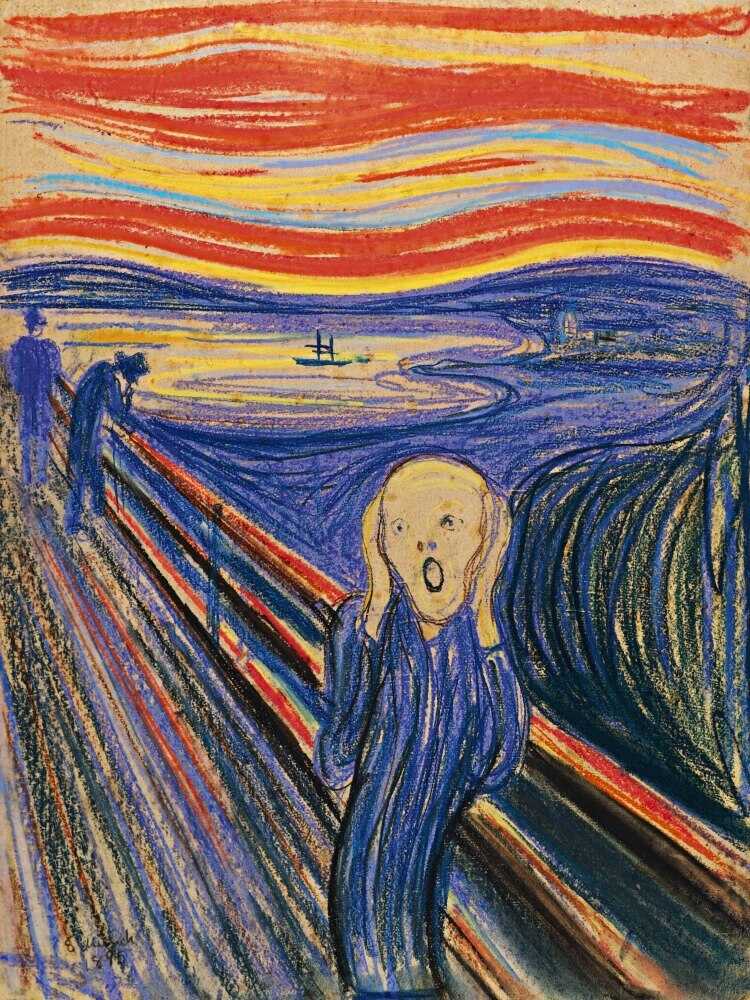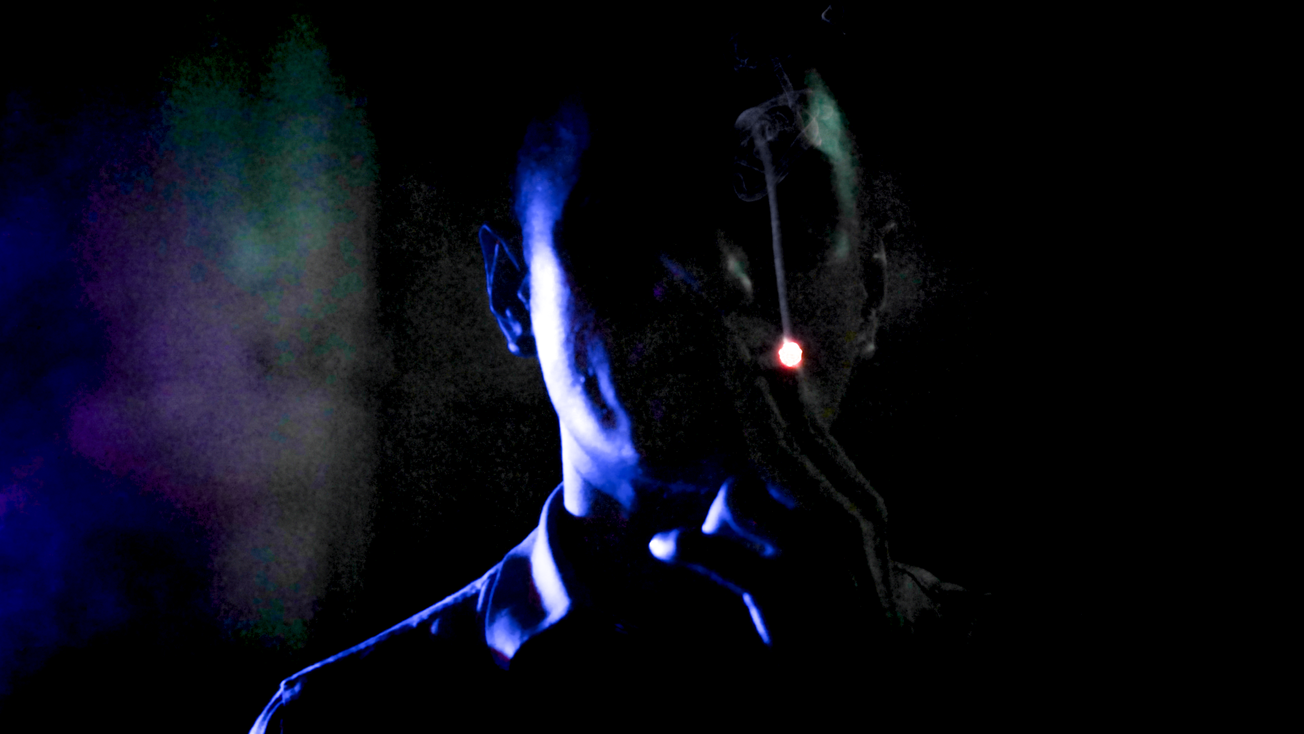Keywords: The Weekly: The Endorsement, 2019, Documentary, Journalism, American Politics, The New York Times, Presidential Election
Three words: Compelling, Revealing, Informative
Introduction
"The Weekly: The Endorsement", a documentary directed by Samantha Stark, Scott Stevenson, and Singeli Agnew, was released in 2019. It offers an inside look at the rigorous journalistic process of The New York Times in their endorsement of a candidate for the 2020 American Presidential Election.
Synopsis
The documentary primarily focuses on the editorial board of The New York Times as they engage in rigorous discussion and debate before deciding on who to endorse in the presidential primary. It gives an unprecedented look into the endorsement process, revealing how the board grapples with their collective decision in the wake of a divided political landscape.
More Film Analysis
Analysis
The documentary stands out for its candid presentation of the endorsement process. It doesn't shy away from showcasing the depth of research and the intensity of debates among the board members. The narrative style is engaging, making complex journalistic procedures accessible to viewers.
Historical and Factual Context
"The Weekly: The Endorsement" is set against the backdrop of the 2020 U.S. Presidential Election, one of the most contentious elections in American history. Understanding this context adds depth to the documentary's exploration of decision-making processes in journalism.
Key themes in the film
- Role of Journalism in Democracy
- Ethical decision-making
- Influence of Mass Media in Politics
Film Comparisons
"The Weekly: The Endorsement" can be compared to other documentaries like "The Fourth Estate" and "Page One: Inside The New York Times". However, its specific focus on the endorsement process sets it apart.
Noteworthy Moments
One significant moment is when the editorial board grapples with their final decision, a testament to the weight of their responsibility in shaping public opinion.
Reviews
This documentary was well-received by critics for its transparency and insightfulness. One review from The Guardian states, "The film offers a fascinating glimpse into the inner workings of one of the world's leading newspapers."
Conclusion
"The Weekly: The Endorsement" is a must-watch for anyone interested in journalism, American politics, or the intersection of the two. It brilliantly sheds light on the rigorous process behind media endorsements, a significant aspect of democratic processes.
More film information:
FILM SUMMARY
- IMDB score: 6.7/10
- Rotten Tomatoes score: 89%
- Metacritic score: 75%
PERSONALITIES
- The New York Times Editorial Board
- Various 2020 Presidential Candidates
LOCATIONS
- New York Times Headquarters, New York
Key Questions Raised by the Film:
- How does the endorsement process influence public opinion?
- What role does journalism play in a democratic society?
Links for Further Exploration:
I wonder what the film would be in another art form



- If this film was a famous book, which one would it be? "All the President's Men" - Both delve into the intricacies of politics and journalism.
- If this film was a famous song, which one would it be? "The Times They Are A-Changin" by Bob Dylan - It reflects the political changes and the role of the media.
- If this film was a famous piece of art, which one would it be? "The Scream" by Edvard Munch - It signifies the anxiety and intensity of decision-making processes.
- If this film was a famous celebrity, who would it be? Bob Woodward - Renowned journalist known for his political reporting.
- If this film was a color, which one would it be? Grey - Representing the complex and often ambiguous nature of journalism and politics.
- If this film was a music style, which one would it be? Classical - The film, like classical music, is layered, complex and requires thoughtful interpretation.








